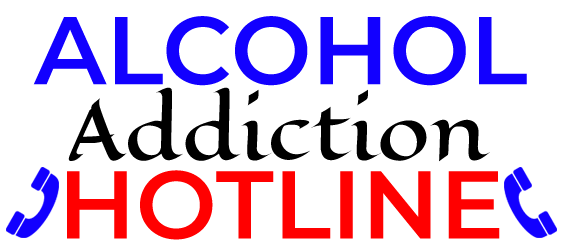Overcoming Denial: Recognizing and Admitting Your Alcohol Problem
One of the most challenging aspects of dealing with alcohol addiction is recognizing and admitting that you have a problem. Denial can be a powerful defense mechanism, shielding you from the harsh reality of your situation. However, taking the courageous step to acknowledge your alcohol problem is essential for initiating the path to recovery. In this blog post, we’ll explore the importance of overcoming denial, signs that you may have an alcohol problem, and strategies for facing the truth.
Understanding Denial
Denial is a psychological coping mechanism that allows individuals to avoid acknowledging distressing truths. In the context of alcohol addiction, denial often manifests as downplaying the severity of the problem, minimizing the consequences, or rationalizing excessive drinking.
Signs You May Have an Alcohol Problem
Facing the truth begins with recognizing the signs that you may have an alcohol problem. Some common indicators include:
- Loss of Control: If you find it difficult to limit your alcohol consumption, despite negative consequences, this could be a sign of a problem.
- Neglected Responsibilities: Alcohol use is interfering with your work, relationships, and responsibilities.
- Failed Attempts to Quit: Repeatedly trying to cut back or quit drinking without success.
- Withdrawal Symptoms: Experiencing physical symptoms like nausea, shakiness, and irritability when not drinking.
- Increasing Tolerance: Needing to consume more alcohol to achieve the desired effects.
- Escalating Consumption: Engaging in binge drinking or drinking more frequently than before.
Strategies for Overcoming Denial
- Self-Reflection: Take time to reflect on your drinking habits and the impact they’re having on your life. Consider keeping a journal to track your feelings and experiences related to alcohol.
- Seek External Perspective: Reach out to friends, family, or a therapist who can provide an objective view of your drinking habits. Sometimes, others can see patterns that you might miss.
- Educate Yourself: Learn about the signs and consequences of alcohol addiction. Knowledge can empower you to recognize the problem and take action.
- Honest Self-Assessment: Engage in an honest self-assessment of your relationship with alcohol. Ask yourself if alcohol is causing negative effects in your life.
- Set Goals: Define your goals and aspirations. Consider how alcohol might be hindering your progress toward these goals.
- Professional Help: If you’re struggling to overcome denial on your own, seeking professional help can provide the guidance and support you need to face the truth.
- Support Groups: Connect with others who have faced similar challenges. Support groups offer a safe space to share experiences and gain insights.
- Take Small Steps: Acknowledging your alcohol problem doesn’t mean you have to make drastic changes overnight. Begin with small steps toward reducing or eliminating alcohol consumption.
Overcoming denial is a crucial step on the path to recovery from alcohol addiction. It takes courage to face the truth, but by doing so, you open the door to a healthier and more fulfilling life. Remember that seeking help is a sign of strength, not weakness. By recognizing your alcohol problem and taking action, you are taking control of your future and embarking on a journey toward lasting well-being and recovery.

